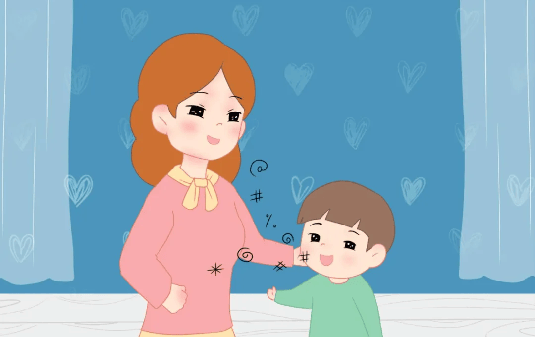In the cognition of many people, autistic children are thought to be introverted and not talkative, but this is actually a misconception. Children who love to jump and play and are outgoing may also have autism.
In fact, autism does not have clear diagnostic criteria. It is different from conventional medical diagnosis, which relies on the fact of physiological changes in patients to draw conclusions. In contrast, autism diagnosis depends on doctors making comprehensive judgments based on “core symptoms” or “diagnostic scales.”
So, what are the core symptoms of autism? What are the characteristics of autism patients of different ages?
What are the core symptoms of autism?
Social interaction difficulties are the core obstacles for autistic children, which manifest differently at different ages, and the extent and manifestations vary among different children. The severity of autism varies, and the manifestations of social obstacles are also diverse. They generally include:
▶ Deficiencies in non-verbal communication aspects such as eye contact, facial expressions, body postures, and social gestures.
▶ Lack of learning about relationships with oneself and others and basic social response abilities, leading to the inability to establish age-appropriate peer relationships.
▶ Lack of spontaneous sharing of joy, interests, and achievements with others, for example: not showing, sharing, or pointing to items of interest.
▶ Difficulty in empathizing with others’ emotions or feelings, a lack of reciprocal social responses, and an inability to express emotions in the usual way.
Another prominent symptom of autistic children is stereotyped behavior and unusual interests. In summary, they have four main characteristics:
▶ Repetitive or stereotyped language and movements. These behaviors often lack social significance, such as clapping, body rocking, hand and finger movements, etc.
▶ Insistence on routines or ritualistic behaviors. They often adhere to doing things in the same way, rigidly follow specific practices or rituals, and resist changes in the daily routine or environment. They become restless if there are changes in their daily routine or environment.
▶ Highly restricted interests. For example, they may fixate on watching TV commercials, weather forecasts, rotating objects, arranging objects, or listening to specific music, monotonous repeated sounds, etc.
▶ Sensory anomalies, such as heightened or diminished sensitivity to environmental stimuli in auditory, tactile, olfactory senses.
It is important to note that not all autistic children exhibit all four points, but they will demonstrate at least any two, and these characteristics can impact the child’s learning and life.
The symptoms of autism are extremely complex, and each child displays autism symptoms differently at different stages. Some high-functioning autistic children may exhibit relatively mild symptoms, excel in certain areas, or even have exceptional abilities, making some of their symptoms easily overlooked.
Therefore, parents should monitor their child’s development closely. If they notice symptoms such as being aloof, narrow interests, or difficulty expressing needs, they should seek professional diagnosis early to avoid missing the optimal treatment window for the child.


